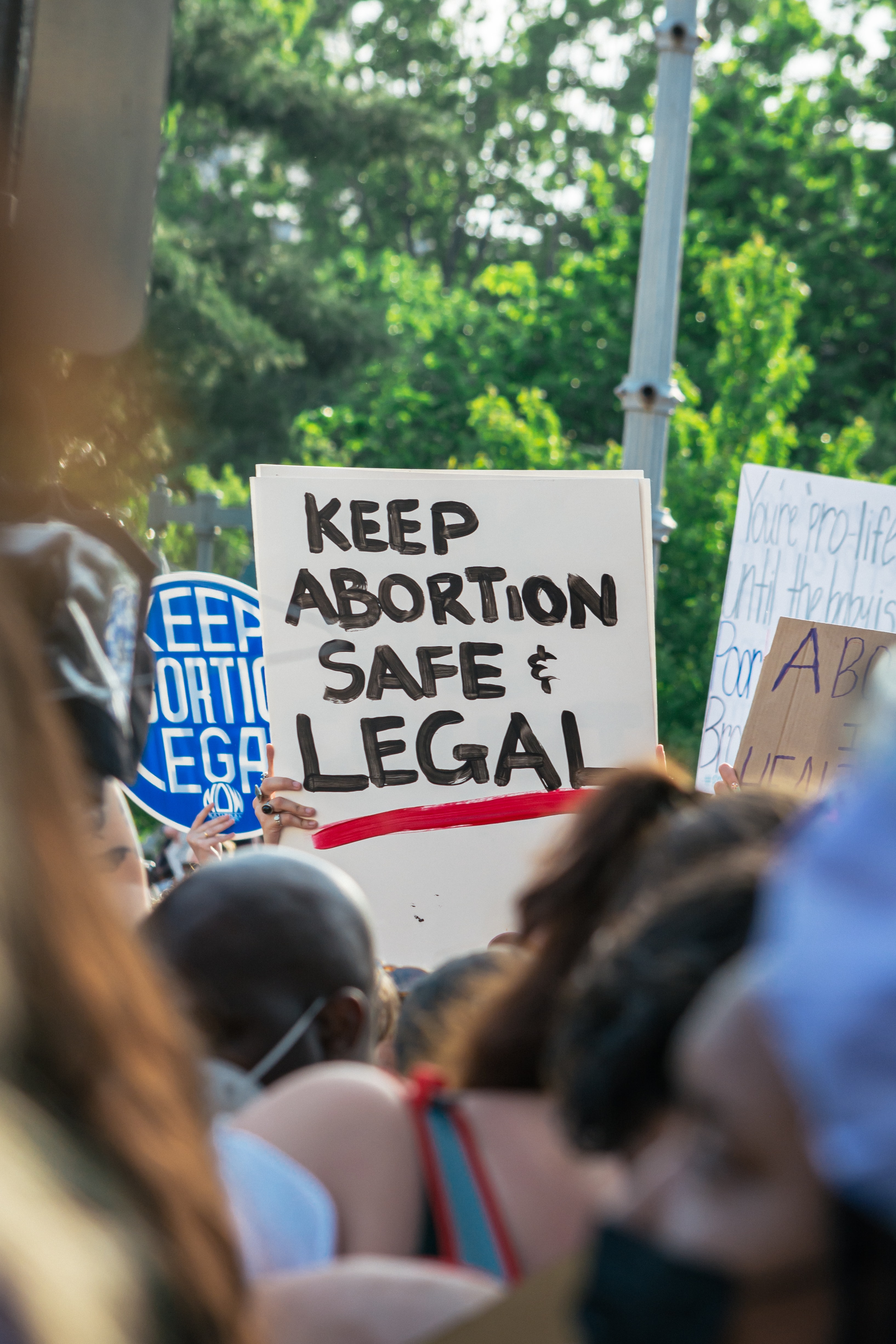Fertility Medicine After Roe
By Nairi Shirinian and Meghna Mukherjee,
Ms. Magazine
| 07. 13. 2022
It’s no coincidence that the world’s first IVF baby was born just five years after the 1973 Roe v. Wade decision. IVF, or in vitro fertilization, is often mistakenly thought to be irrelevant to abortion debates. After all, people spend tens of thousands of dollars on reproductive technologies like IVF to help them become pregnant, while the conversation surrounding abortion largely concerns unexpected and often unwanted pregnancies.
But, upon a closer look, Roe not only empowered millions of women with bodily autonomy by constitutionally protecting their right to terminate a pregnancy—the decision also enabled the rapid growth of new technologies beyond IVF to assist human reproduction.
With Roe reversed, several states are poised to ban abortions; trigger laws in at least 13 U.S. states will immediately prohibit abortion without exceptions. Under many of these state laws, ‘life’ will be defined as the moment an egg is fertilized. These laws threaten those undergoing (and those performing) procedures, such as IVF or third-party gamete donation, by limiting or prohibiting the freezing or discarding of embryos—a process fundamental to successful fertility treatments. Researchers...
Related Articles
By Diaa Hadid and Shweta Desai, NPR | 01.29.2026
MUMBRA, India — The afternoon sun shines on the woman in a commuter-town café, highlighting her almond-shaped eyes and pale skin, a look often sought after by couples who need an egg to have a baby.
"I have good eggs,"...
By Steve Rose, The Guardian | 01.28.2026
Ed Zitron, EZPR.com; Experience Summit stage;
Web Summit 2024 via Wikipedia Commons licensed under CC by 2.0
If some time in an entirely possible future they come to make a movie about “how the AI bubble burst”, Ed Zitron will...
By Arthur Lazarus, MedPage Today | 01.23.2026
A growing body of contemporary research and reporting exposes how old ideas can find new life when repurposed within modern systems of medicine, technology, and public policy. Over the last decade, several trends have converged:
- The rise of polygenic scoring...
By Daphne O. Martschenko and Julia E. H. Brown, Hastings Bioethics Forum | 01.14.2026
There is growing concern that falling fertility rates will lead to economic and demographic catastrophe. The social and political movement known as pronatalism looks to combat depopulation by encouraging people to have as many children as possible. But not just...




